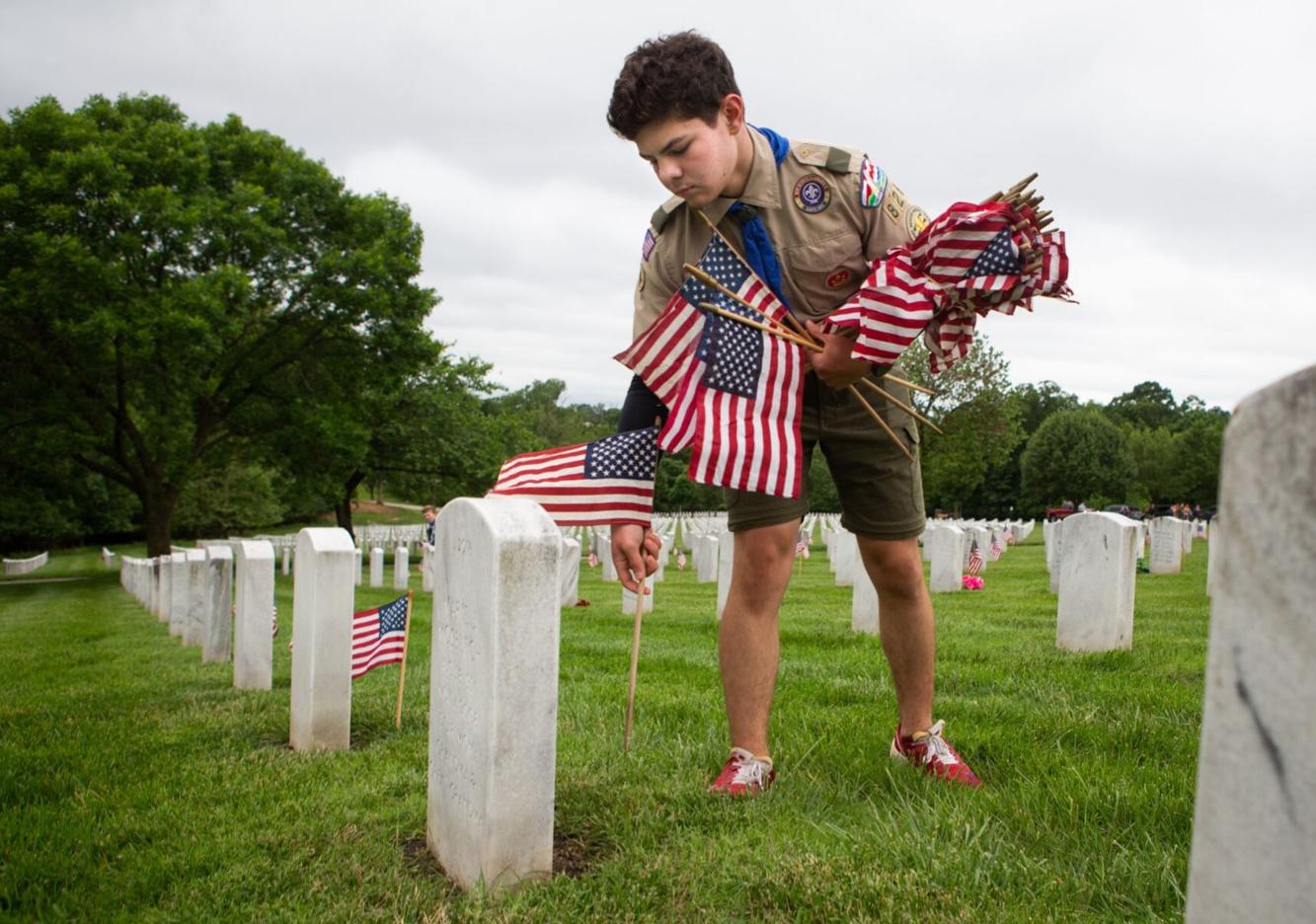My dad took me to the recruiting centers—Army, Navy, Air Force, Marines. The recruiting offices were in a strip mall, side-by-side, in South St. Louis. This was 1984.
My dad was a veteran of World War II and Korea. Navy. Most of my uncles were also Navy veterans. But I wanted to be a Marine.
I spent about three hours between the four services. The Air Force was pretty sure they didn’t want me for a variety of reasons, but mostly because I was a wild kid back then. The Army wanted me to be some sort of a mechanic. The Navy said my ASVABs could get me almost anything, including nuclear power. The Marine recruiter said, “Everybody knows what it means to be a Marine. I don’t have to tell you. It’s tough. If you want it, the Corps wants you. If you don’t, you wouldn’t be here.”
On the ride home, my dad asked me what I was thinking. I knew he’d want me to join the Navy, so I kind of hemmed and hawed a bit. Finally, I said, “I think I’m going with the Marines.”
Dad didn’t say anything for a bit as we drove west on Gravois toward Hampton. Then, he said, “I don’t think anything would make me prouder than having a son in the Marine Corps. They’re goofy, but, boy, are they tough.”
So it was settled. I was going into the Corps.
A mile or two later, now driving up Hampton Avenue toward Eichelberger Street, Dad spoke again. “I’m just afraid what it would do to your mom.”
“What?” I asked.
“You going in the Marines. She hates the Marine Corps.”
“Why?”
“Well, I guess a lot of fellas she knew as a kid went in the Marines in World War II and never came back. But everybody she knew who went the Navy came home. She’d be worried sick the whole time you’re in. It’d kill her.”
We didn’t say anything the rest of the ride, which wasn’t very long. When we got home, Mom was upstairs in the back room where she liked to paint, working on her latest painting. She came downstairs a while later and announced she’s going to get a coffee and donut if I want to come.
Before we left, she asked how it went.
“Good,” I said.
“Did they say if they could get you in?”
“Army, Navy, and Marines can.”
“What are you going to do?”
“I think I’ll probably go with the Navy,” I said without looking at her. Dad was sitting in a chair behind me. I’m sure he smiled.
“That’s good,” she said. “Well, let’s go.”
I don’t know the names of the Marines my mom couldn’t forget, but I learned a lesson from them. War doesn’t end when the last warrior returns home or when the last note of Taps trails off into the ether. Nor is the clean-up done when the last landmine is removed. Generations yet unborn will be affected by the loss of the lowliest private or seaman.
The wounds of a warrior killed in war cut into people you’d never think about. Mom lost no relatives in World War II as far as I know. They all joined the Army or Navy, and they all came home, mostly with a rich set of stories and experiences.
It’s totally understandable that a girl such as my mom, who was just 16 when Japan bombed Pearl Harbor, would forever think of the Marine Corps as a death sentence. So many young men—friends of the family, her brothers' friends, neighbors, classmates—died wearing the Marine Corps emblem. As recently as 1974, just a year after my maternal grandmother died, my cousin Joe was killed in some Marine action in Central America—some Cold War event that officially didn’t happen.
I think of that episode in my own life every Memorial Day. With two boys in the service right now, I get a cold chill whenever a black car pulls into the driveway or I get a call from a blocked phone number. I remember too well that scene from We Were Soldiers when Julie Moore, wife of Lt. Col. Hal Moore, personally delivered the shattering telegrams to the wives of fallen soldiers.
Today, we honor those who gave their lives that our nation might live. Let’s not forget the sacrifice, also, borne by those who, in a steel folding chair beside a grave, received a folded flag as a token of appreciation on behalf of a grateful nation.
Fidélium ánimæ per misericórdiam Dei requiéscant in pace.
Please watch this incredible story from Simon Sinek. The perfect story for Memorial Day.
Peace

